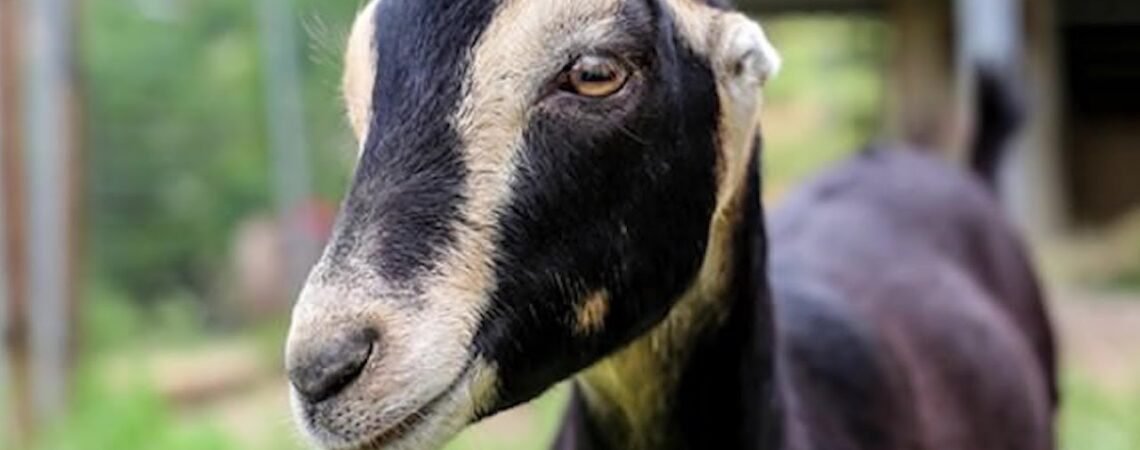
Goat Breeds and Homesteading
When venturing into the world of homesteading, one of the crucial decisions involves selecting the right goat breed. Goats have been recognized for centuries as versatile animals, valued not only for their companionship but also for their numerous contributions to sustainable farming practices. They exhibit unique characteristics that make them highly adaptable and hardy, allowing them to thrive in various environments and climates.
Raising goats on a homestead offers a multitude of benefits. Their natural browsing behavior enables them to manage land effectively, controlling weeds and brush that would otherwise overtake a property. This characteristic makes them excellent eco-friendly alternatives to chemical herbicides, effectively promoting land management while enriching the soil with their natural fertilization.
In addition to their land management capabilities, goats are renowned for their milk and meat production. Many breeds are specifically adapted for these purposes, providing dairy homesteaders with a reliable source of fresh milk that can be turned into cheese, yogurt, and other dairy products. For families interested in meat production, certain goat breeds are favored for their rapid growth rates and quality meat, thus ensuring a sustainable protein source for the household.
The companionship that goats offer is another significant reason for their popularity among homesteaders. Goats are social animals that form strong bonds with their human caretakers and other livestock. Their playful and curious nature often provides enjoyment and an engaging atmosphere on the farmstead. By choosing the right breed, families can ensure that they have not only productive animals but also delightful companions to enhance their homesteading experience.
Popular Goat Breeds for Homesteaders
When it comes to homesteading, selecting the right goat breed is crucial in ensuring success and satisfying your specific needs. Among the numerous breeds available, several stand out for their unique traits and capabilities, making them highly suitable for homesteaders.
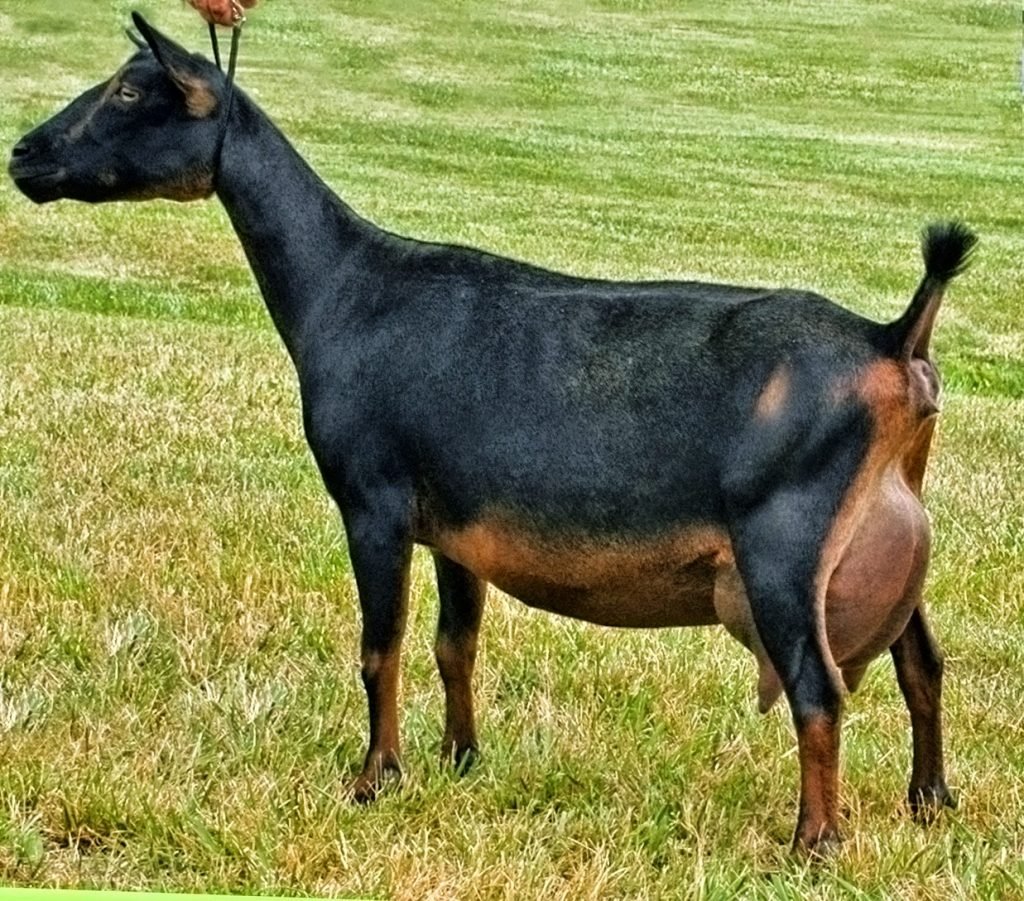
The Nigerian Dwarf is one of the most popular choices, particularly for small farms. This miniature breed is friendly, easily manageable, and produces a surprising amount of milk relative to its size. Their rich, creamy milk has a high butterfat content, making it ideal for cheese production. Additionally, their playful demeanor makes them excellent companions.
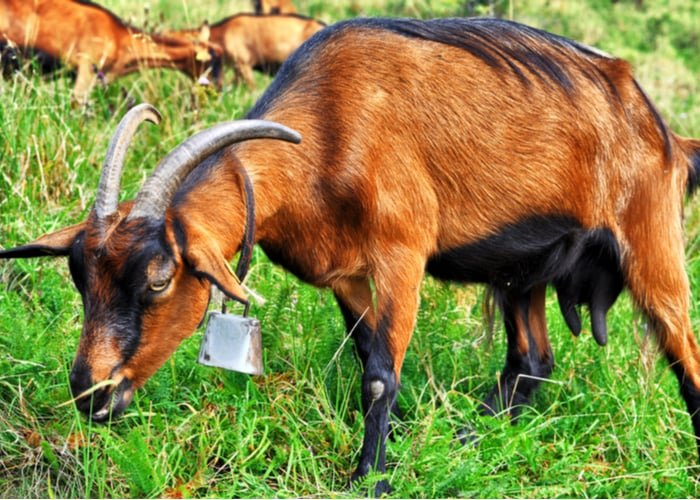
The Alpine breed is another strong contender for homesteading. Known for their impressive size and hardy nature, Alpines are capable of thriving in various climates. They are exceptional milk producers, known for their high yield and quality milk, making them a favorite among dairy farmers. Furthermore, their calm temperament makes them manageable and suitable for families.
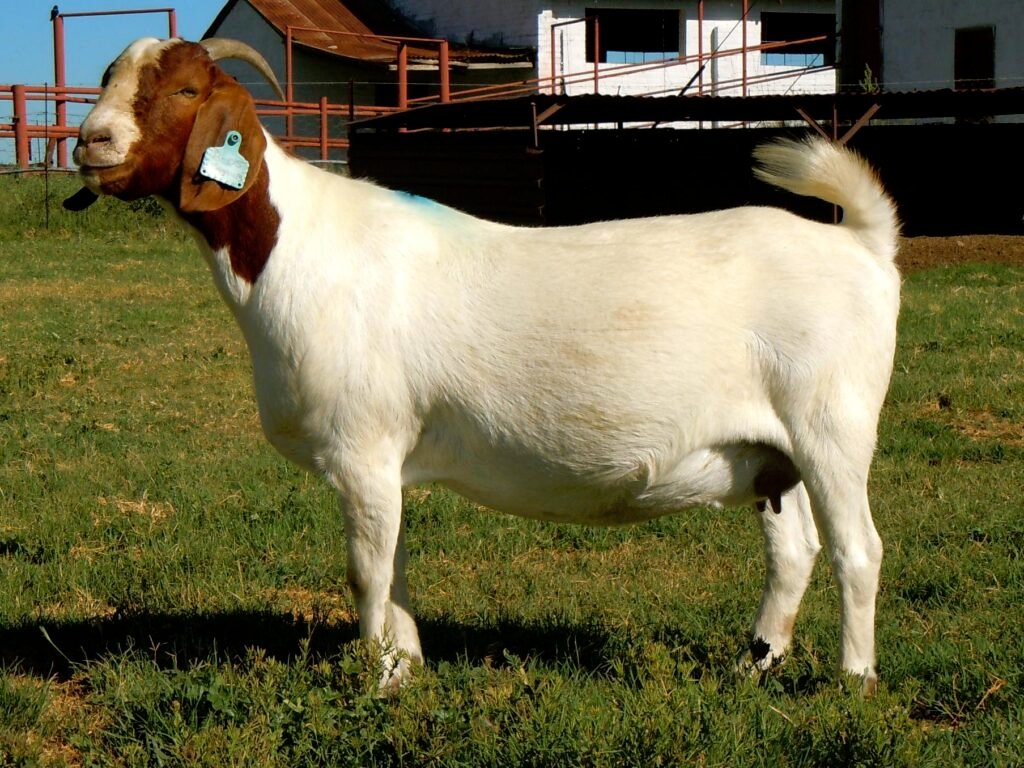
For those considering meat production, the Boer goat is an outstanding option. This breed is specifically bred for its meat quality, characterized by a muscular body and fast growth rate. Boers are generally docile, which can be beneficial when integrating them into your homestead. Alternatively, the Saanen goat is recognized for its ability to produce an abundance of milk with mild flavor, making it a valuable asset for dairy operations.
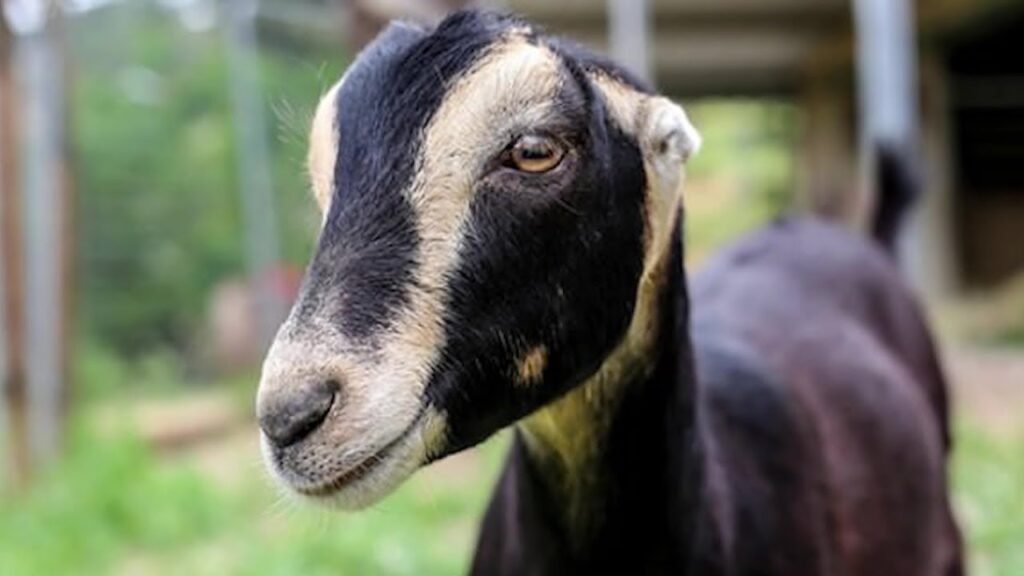
Lastly, the LaMancha breed deserves mention for its unique appearance and productivity. Known for their distinctive ear structure, LaManchas are friendly, adaptable, and highly efficient milkers, often excelling in sustained lactation periods. Each of these breeds brings unique attributes suited to various homesteading goals, whether it be for milk production, meat, or companionship. Understanding these traits will aid homesteaders in making informed decisions regarding which breeds to incorporate into their farm.
Advantages of Raising Goats for Homesteading
Raising goats for homesteading offers an array of benefits that make them an appealing choice for both novice and experienced farmers. One of the most significant advantages is their low maintenance requirements. Compared to other livestock, goats are relatively easy to care for, requiring minimal space and resources. They can thrive in diverse environments and often adapt well to varying weather conditions, which makes them a versatile addition to any farm.
Another notable advantage is the goats’ efficient foraging abilities. Goats are natural browsers, meaning they prefer to graze on bushes, trees, and shrubs rather than traditional grass. This foraging behavior allows them to thrive on land that may not be suitable for raising other types of animals, effectively utilizing areas that would otherwise be unproductive. By managing pastureland in this way, goats contribute to the health and sustainability of the ecosystem on a homestead.
In addition to their foraging skills, goats provide various valuable products, including milk, meat, and fiber. Goat milk is known for its nutritional benefits and is often easier to digest than cow’s milk. Furthermore, specific breeds are renowned for their meat, offering a source of protein that can supplement a homesteader’s diet. Additionally, goats such as Angora and Cashmere breeds produce high-quality fibers, making them sought after in the textile industry.
Beyond these products, goats play a crucial role in pest control. Their grazing habits help keep weed populations in check, minimizing the need for chemical herbicides and encouraging a healthier farm environment. As goats graze, they naturally help maintain a balanced ecosystem, promoting soil health and biodiversity. All these advantages make raising goats not only beneficial for economic reasons but also for fostering a sustainable and productive homestead.
Considerations for Starting a Goat Herd
Before embarking on the journey of establishing a goat herd, several key factors must be taken into account to ensure a successful venture. Firstly, space requirements are critical. Goats need ample room to roam and graze, ideally a minimum of 200 square feet per goat for outdoor space. This amount of space not only allows goats to express natural behaviors but also reduces the stress associated with overcrowding.
Fencing is another vital consideration. Goats are renowned escape artists; therefore, a sturdy and high fence is essential to keep them contained. Stock fencing combined with barbed wire or electric fencing can deter goats from wandering off. It is also important to examine the terrain of your property, as certain breeds may require more secure and diverse fencing solutions, particularly if there are neighboring properties or wildlife nearby.
In terms of shelter, goats need protection from extreme weather conditions. A well-ventilated barn or shed that shields them from rain, snow, and strong winds is ideal. The shelter must be dry and provide enough space to prevent fighting or bullying among goats. Additionally, proper bedding, such as straw or wood shavings, should be used to keep them comfortable and healthy.
Dietary needs must also be prioritized when starting a goat herd. Goats are ruminants and require a balanced diet consisting of hay, pasture, grains, and mineral supplements. Fresh water should always be available, as dehydration can lead to health issues. Understanding the specific dietary requirements based on the goat breed can help in formulating their feed plan.
Health care is another essential element of goat ownership. Routine veterinary check-ups are important to maintain the health of the herd. It is advisable to establish a relationship with a veterinarian experienced in goat care to address any health concerns promptly.
Finally, integrating goats into an existing homestead requires careful planning. Understanding local regulations regarding goat keeping, zoning requirements, and noise ordinances can prevent future complications. By considering these aspects, aspiring goat owners can create a harmonious environment for both the goats and their homestead.